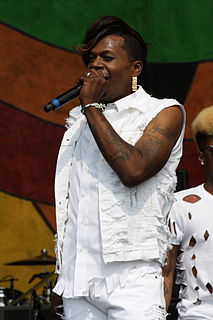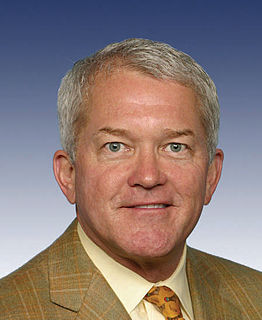A Quote by Desmond Tutu
You have seen after Katrina just what failures there are in American Society.
Related Quotes
A good two years after Hurricane Katrina I remember feeling so devastated and so ignorant that there was so much damage still left. I felt like here I was an American and this is an American city and the government hasn't done enough and people haven't given back enough. Everyone forgot and the city was lying in waste.
I have tried to devote my life - with all my husband failures, father failures, pastor failures, friend failures, any other possible failures I'm sure I've done them - to the God-centeredness of God and my aspiring, yearning to join Him in that activity. God is passionate about hallowing the name of God.
That argument doesn’t make any sense to me. So we want to advance as a society and as a culture, but, say, if something happens to an African-American, we immediately come to his defense? Yet you want to talk about how far we’ve progressed as a society? Well, if we’ve progressed as a society, then you don’t jump to somebody’s defense just because they’re African-American. You sit and you listen to the facts just like you would in any other situation, right? So I won’t assert myself.









































